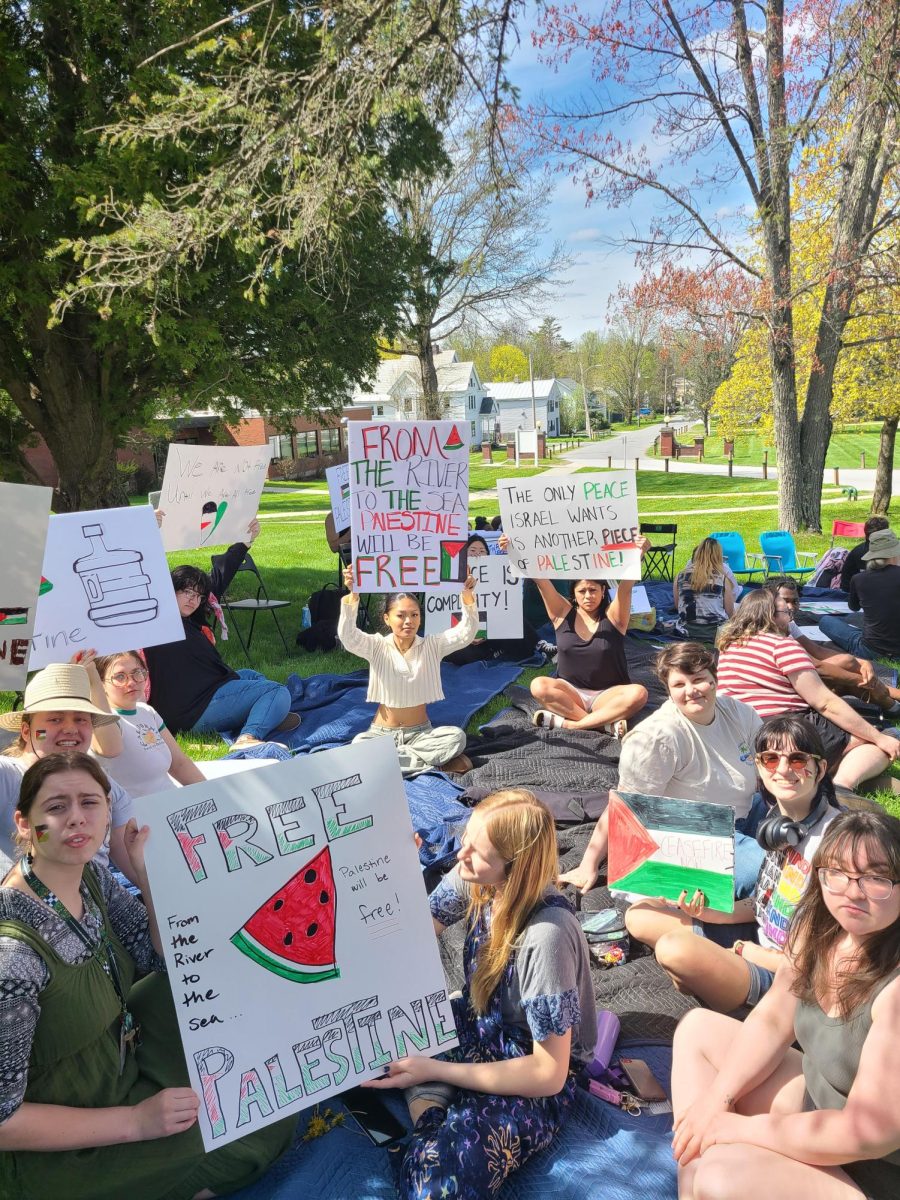It is no secret that the people of our country are angry and frustrated with Washington and their government. They correctly perceive that we face enormous problems: a collapsing middle class, increased poverty and a growing gap between the very rich and everyone else; sky-high unemployment; 50 million Americans without health insurance; a deteriorating infrastructure; the continued loss of our manufacturing capabilities; the ongoing mortgage and student loan crises, and the planetary challenge of global warming. And on top of all of that, we have a $15 trillion dollar national debt.
The American people want action. They want their government to start representing the 99 percent, not just the top 1 percent. With that goal in mind, let me say a few words about some of the issues that I will be working on when Congress reconvenes in January.
With more than 23.7 million Americans unemployed or underemployed, 15 percent of our workforce, we must be aggressive about creating the millions of new jobs we desperately need. It is simply not acceptable that high school or college graduates are not able to find work as they try to begin their careers. It is horrific that millions of older workers, who were looking forward to secure retirements, find themselves unemployed and facing the possibility that they may never again have a job.
One of the fastest ways to create jobs is to rebuild our crumbling infrastructure – roads, bridges, railroads, airports, water systems, wastewater plants and aging schools. While we spend 2 percent of our GDP on infrastructure, China spends 9 percent and Europe spends 5 percent. We also need to make sure that Vermont and all of rural America gets the quality broadband and cell phone service that we deserve in order to be able to compete in the 21st century. When we rebuild and improve our infrastructure we not only create a significant number of jobs, we make our country more efficient and productive. I will continue to fight for a substantial federal investment in infrastructure.
Another important way to create jobs – while we protect our environment, address global warming and prevent new wars – is to transform our energy system away from foreign oil and fossil fuels and into energy efficiency and sustainable energy. In Vermont, we already lead the country in energy efficiency, but much, much more can be done. We can create many new jobs weatherizing homes and buildings while, at the same time, we cut greenhouse gas emissions and save consumers money on their fuel bills. This is a win, win, win proposition. We must also be more aggressive in moving toward such job creating sustainable energy technologies as wind, solar, geothermal and biomass.
When we talk about the economy and jobs, we cannot forget about the need for real Wall Street reform. After all, it was the outrageous behavior of Wall Street which caused this recession in the first place. Incredibly, after we bailed out the behemoth banks that were “too big to fail,” three out of the four are now even bigger than before the financial crisis. Within the next several months I will be introducing legislation which would bring fundamental change to the Federal Reserve as well as the way that largest financial institutions in this country are run.
While we focus on job creation and the economy, we cannot forget about some of the most vulnerable people in our country – the elderly, the children, the sick and the poor. As chairman of the Defending Social Security Caucus, I intend to do all that I can to protect Social Security, Medicare, Medicaid and the needs of our veterans.
Last but not least, this country faces a major deficit as a result of two wars that were not paid for, tax breaks for the rich, and reduced revenue because of the recession. The deficit crisis must be resolved but in a way that is fair to the middle class. As part of any deficit-reduction package, the wealthiest people in this country, many of whom are doing phenomenally well, must be asked to pay their fair share of taxes. We must also do away with the hundreds of billions in corporate loopholes that currently exist, which enable many large and profitable corporations to pay little or nothing in federal taxes.




